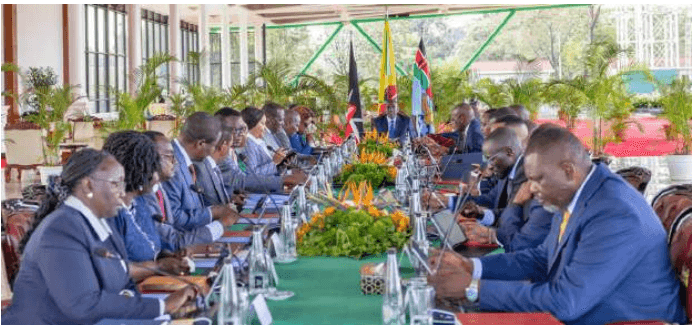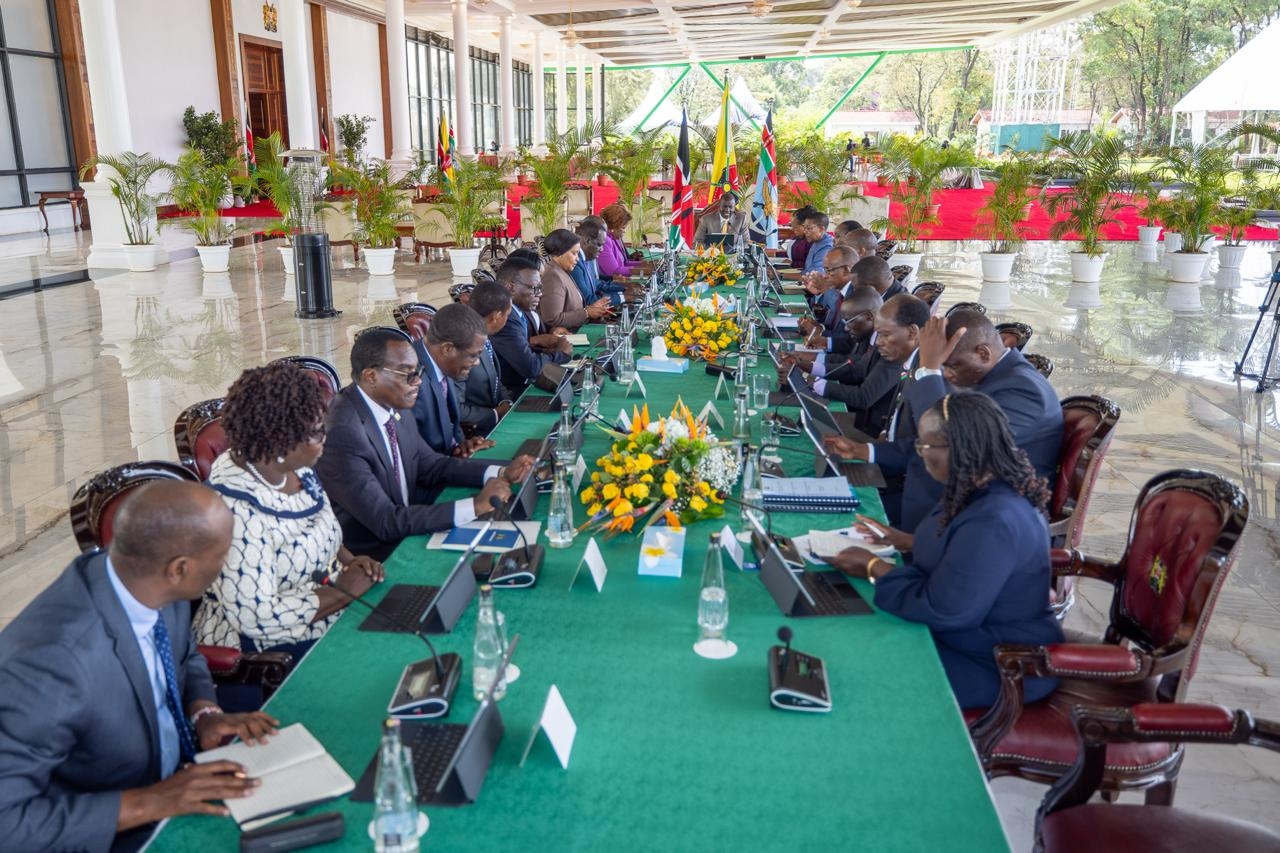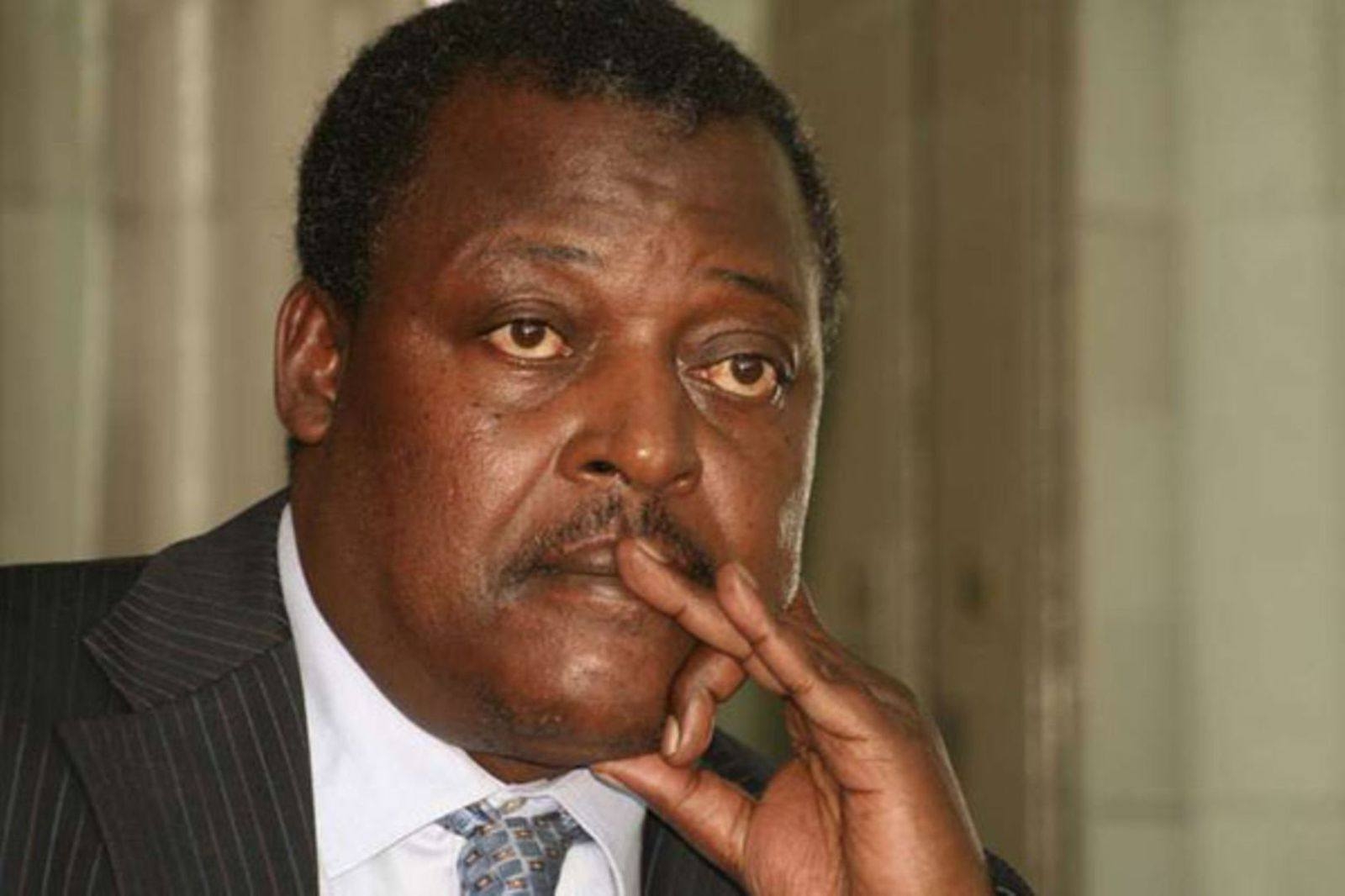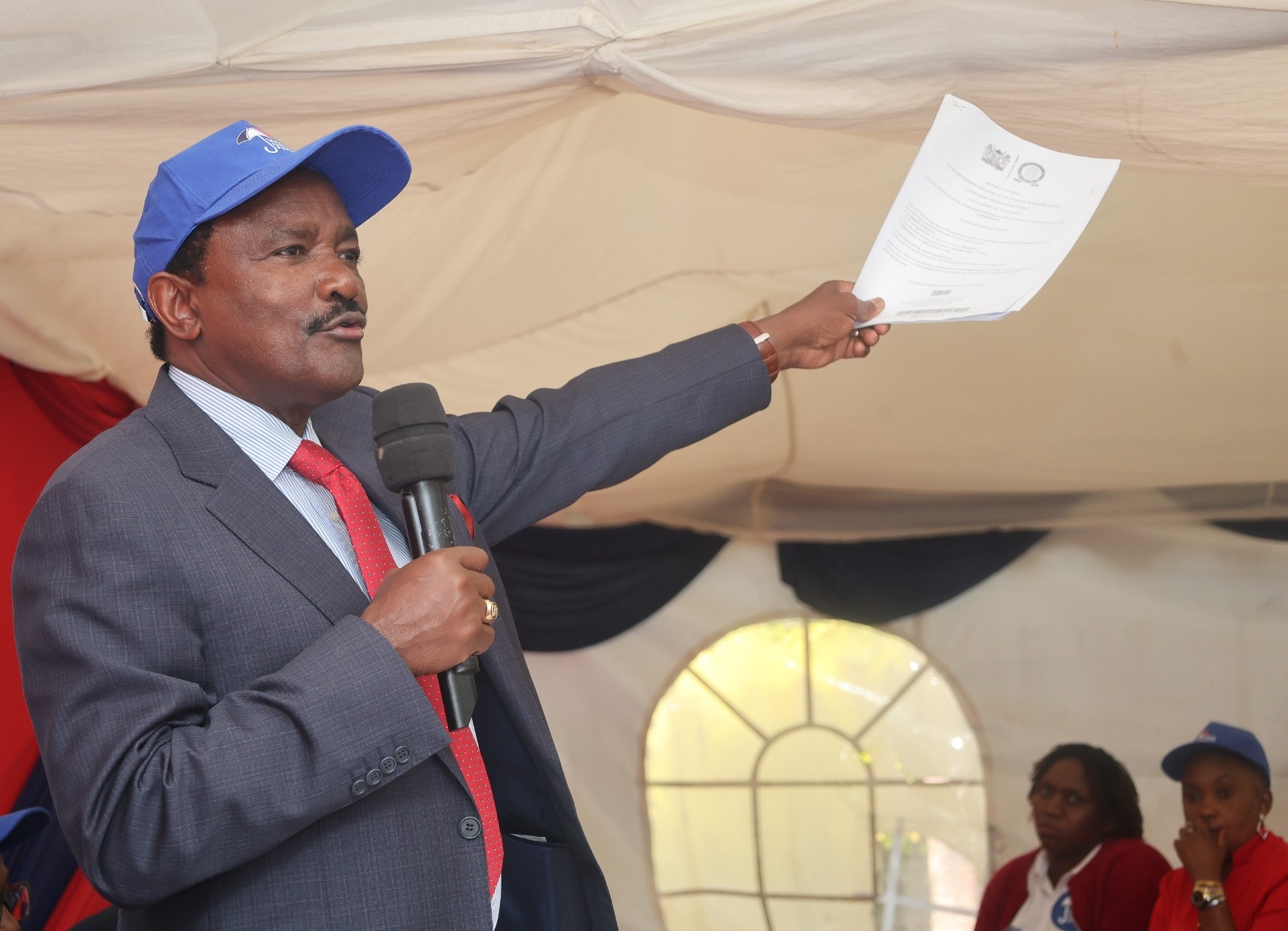Coffee Research Institute bosses had a difficult time justifying their push to re-introduce the two per cent coffee levies before a house committee.
CRI director Elijah Gichuru put a strong case to the National Assembly’s Agriculture committee on the need to have a relook at the levy that was scrapped in 2017 to stop burdening farmers.
Gichuru said reintroducing the tax is the only way to help the sector, especially CRI, to meet its crucial obligations, which have suffered because of acute financial constraints.
“Due to financial constraints, various projects were put in abeyance or are being implemented at sub-optimal levels. We, therefore, recommend adequate financing of the institute by the government and reintroduction of levies and setting up Coffee Research Fund,” Gichuru said.
Among the CRI roles that have stalled because of insufficient funding are variety improvement, promotion of coffee into new areas, leaf analysis for the status of coffee nutrition and pest monitoring. Others are the support for domestic coffee consumption, acquisition of smart agriculture equipment and upgrading of machinery.
Besides donor and government funding, Gichuru said the two per cent from farmers was helpful in meeting staff personal emoluments and operations. This explanation angered lawmakers, who demanded to know why members’ money should be used to run the institute instead of supporting research.
MPs Emmanuel Wangwe (Navakholo), Daniel Tuitoek (Mogotio) and Janet Jekemboi (Turbo) opposed taxing farmers to run the institute and instead advised the firm to venture into research to finance its operations.
"You are taxing the farmer to run the operations of the institute and not to help the farmer?” asked Wangwe, who chaired the session.
The CRI operates under Kenya Agriculture and Livestock Research Organisation and is tasked with conducting research in coffee production, processing and marketing. The director was making a presentation before the committee, which was tasked by the National Assembly speaker to conduct an inquiry into the problems bedevilling the institute.
Earlier, the committee met farmers under the Kenya Coffee Producers Association. The farmers want the government to fully fund research saying the void caused by underfunding the CRI is disastrous to the sector.
“The void created by CRI’s incapacity to perform some of her functions such as the supply of certified seeds and seedlings will be filled by fake nursery operators among other things that will happen,” the farmers said in their submission.
The committee is expected to retreat today to write a report to be tabled before the House tomorrow.
















